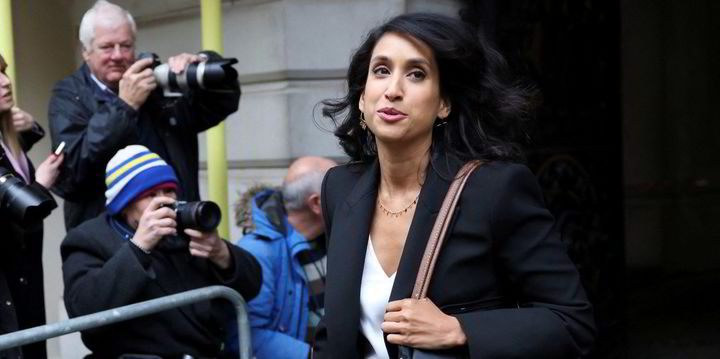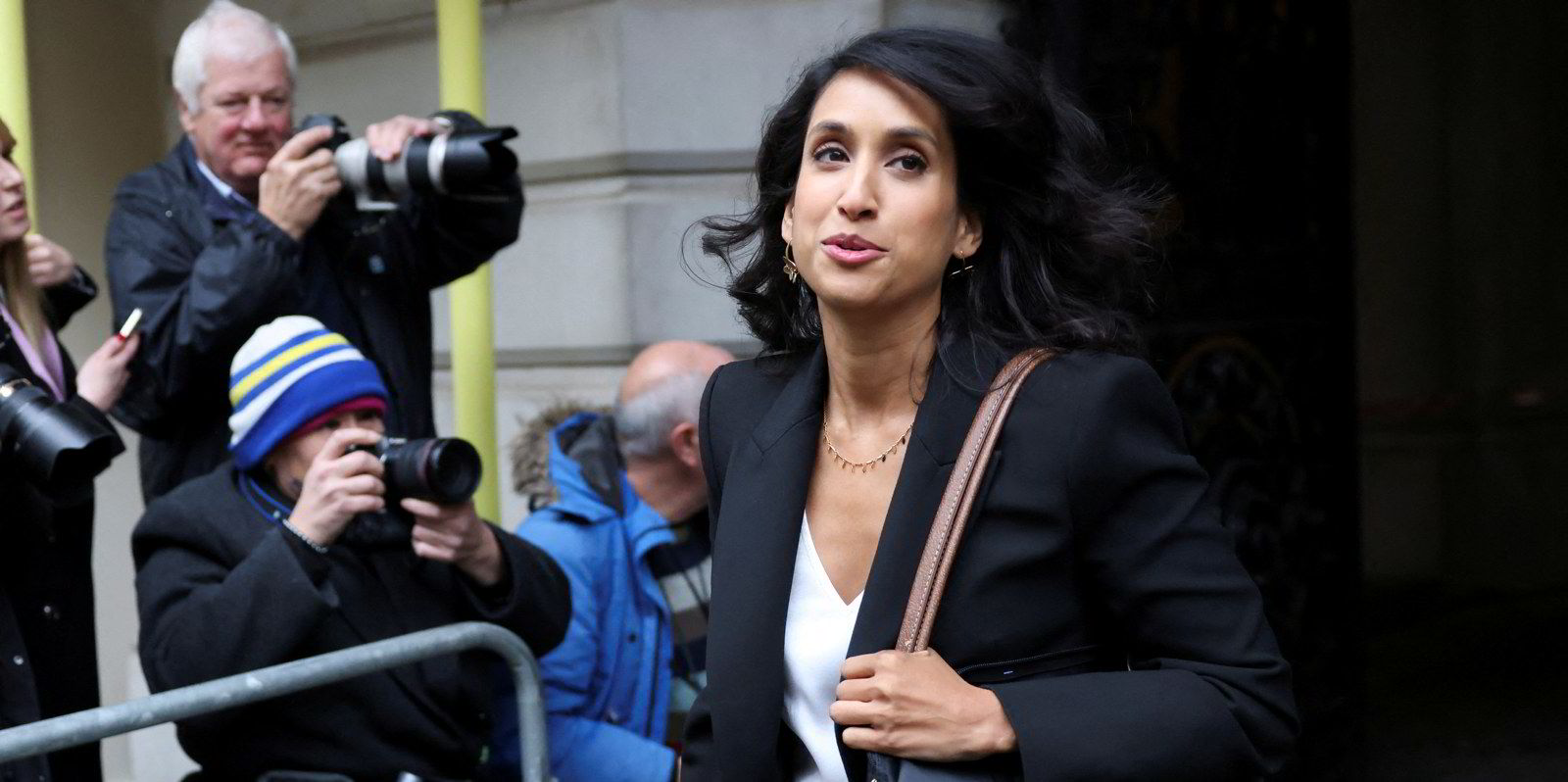The UK government will aim to develop a carbon capture and storage sector in the country that can stand out as a global market for emissions sequestration, it announced on Wednesday.
Plans released by the Department of Energy Security & Net Zero show the government is seeking to establish what it describes as a “competitive market” for CCS that, by the middle of the next decade, will make the UK “a global leader” in the industry to reduce emissions from polluting operations.
The announcement follows from earlier commitments the government made to support the CCS sector, including a target to deploy four CCS clusters by 2030. In the Spring Budget, it earmarked £20 ($25.4) billion in state funding to support the industry.
“Thanks to the UK’s geology, skills and infrastructure, we are in a unique position to lead the way on carbon capture technologies,” said Energy Security Secretary Claire Coutinho.
The policy paper aims to “increase investor confidence” in the UK’s CCS ambitions, which developers had been flagging as an ongoing concern that was holding back project sanctioning.
Energy Efficiency & Green Finance Minister Lord Callanan said: “Today we’re publishing a blueprint to deliver a world-leading UK carbon capture industry, so that we have a competitive market… by the middle of the next decade.”
Article continues below the advert
The government’s development plan for the sector will see the establishment of a capture market in place, targeting between 20 million and 30 million tonnes of carbon dioxide capture capacity by 2030. This is the initial target set out with the cluster sequencing plan, which the four cluster projects are looking to deploy.
In the following years, a commercial market is expected to emerge, whereby emitting industries with binding net zero targets will require their CO2 to be handled by third parties involved in CCS. The role of government as supporter of the sector would decrease as the market gradually becomes more competitive and self-sustaining.
The policy paper suggests the UK could stand to benefit from the “huge” opportunities that CCS could deliver, including up to 50,000 jobs in the country.
At the same time, the cluster projects have been affected by delays and slow progress from the government to set out the necessary regulation framework and allocate state funding. This, together with supply chain delays and capacity issues, has lengthened the initial timelines to get projects up and running.
Technip Energies’ Rebecca Eason, head of market for CO2 management, recently told Upstream during a webinar that projects have to contend with an “immature regulatory environment”, meaning any lag in the regulation immediately results in projects being put on hold.
This is something the government is seeking to overcome with the policy vision outlined on Wednesday.
Among the measures that will be introduced is a competitive allocation process for CCS projects from 2027, to accelerate development.
Another is state approval and support for CO2 transport through means other than pipeline, including rail or vessel, to allow projects away from pipeline networks to access CCS services.
This is seen as critical to unlock CO2 capturing at a large scale beyond the areas where the clusters are located.
Paul Davies, CCS advisor and director of 7CO2, the Severnside Carbon Capture & Shipping Hub project, said at the Offshore Europe conference in September that the UK’s focus on clusters risked missing out on “the vast majority of emitters” that are based elsewhere.
“It is great to see CO2 transport by ship, road and rail will be enabled from 2025 onwards, which will also support longer-term cross-border CO2 transport solutions,” said Ruth Herbert, chief executive of trade body the Carbon Capture & Storage Association.
Allowing cross-border CO2 shipment is also necessary to make the UK a viable option for emitters elsewhere to book capture capacity in UK-based storage sites.
A third policy initiative is the establishment of an industry working group to put forward solutions to reduce the cost of capturing CO2.
The initial stage of CCS remains by far the most expensive, speakers told Upstream during our Decarbonising Industry 2023 webinar earlier this month.

